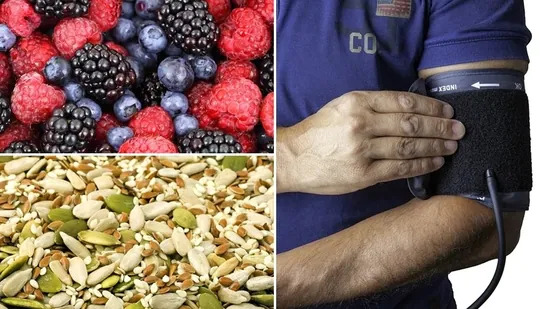Cases of high blood pressure, often known as hypertension, have nearly doubled in the previous three decades and are continuing to grow. Almost one-third of Indians are affected by this disease, which is also known as the silent killer.
High blood pressure can be caused by a variety of factors, including age, sex, inheritance, obesity, an inactive or sedentary lifestyle, and, most importantly, dietary issues.
Even if there are no symptoms, high blood pressure can harm blood vessels and organs such as the brain, heart, eyes, and kidneys. According to the CDC, blood pressure is the force of blood pushing against the walls of your arteries (Centres for Disease Control and Prevention). Arteries are the vessels that deliver blood from your heart to the rest of your body. Blood pressure that is too high for your arteries and organs to handle is referred to as hypertension.
To avoid heart and kidney problems, it’s critical to control and monitor your blood pressure. Modifying your diet to include foods that have a favorable effect on your blood pressure is one natural method to achieve it.
Foods to avoid during high blood pressure
The most common issue people with high blood pressure ask their doctors is whether or not they should cut salt out of their diet. “The answer is no,” says the narrator. I don’t advise you to give up salt or tongue-savoring foods because there are other options. Using other seasonings, for example, is a great way to reduce sodium while simultaneously improving the palatability of your cuisine. Use condiments and flavoring agents such as lemon, vinegar, herbs, tamarind extract, spices, onion, garlic, and so on. You simply must avoid ready-to-eat, high-sodium foods and, most importantly, abstain from alcohol and smoking, according to a dietitian.
Here are other tips
*Eat a low-sodium diet by avoiding table salt, processed foods, baking soda, and sodium bicarbonate.
*Flavour enhancers such as monosodium glutamate Ajinomoto should be restricted.
*Processed cheese and butter should be avoided at all costs.
*Highly salted foods should be avoided, such as crackers, potato chips, salted almonds, salted popcorn, and salted snacks.
*Ketchup, chili sauce, garlic sauce, soya sauce, chutneys, and pickles are examples of foods that your tongue enjoys but that may harm your blood vessels.
*Animal meat should be consumed in moderation due to its high salt content.
Dietician also recommends the following five foods for lowering blood pressure:
- Fruits of the citrus family
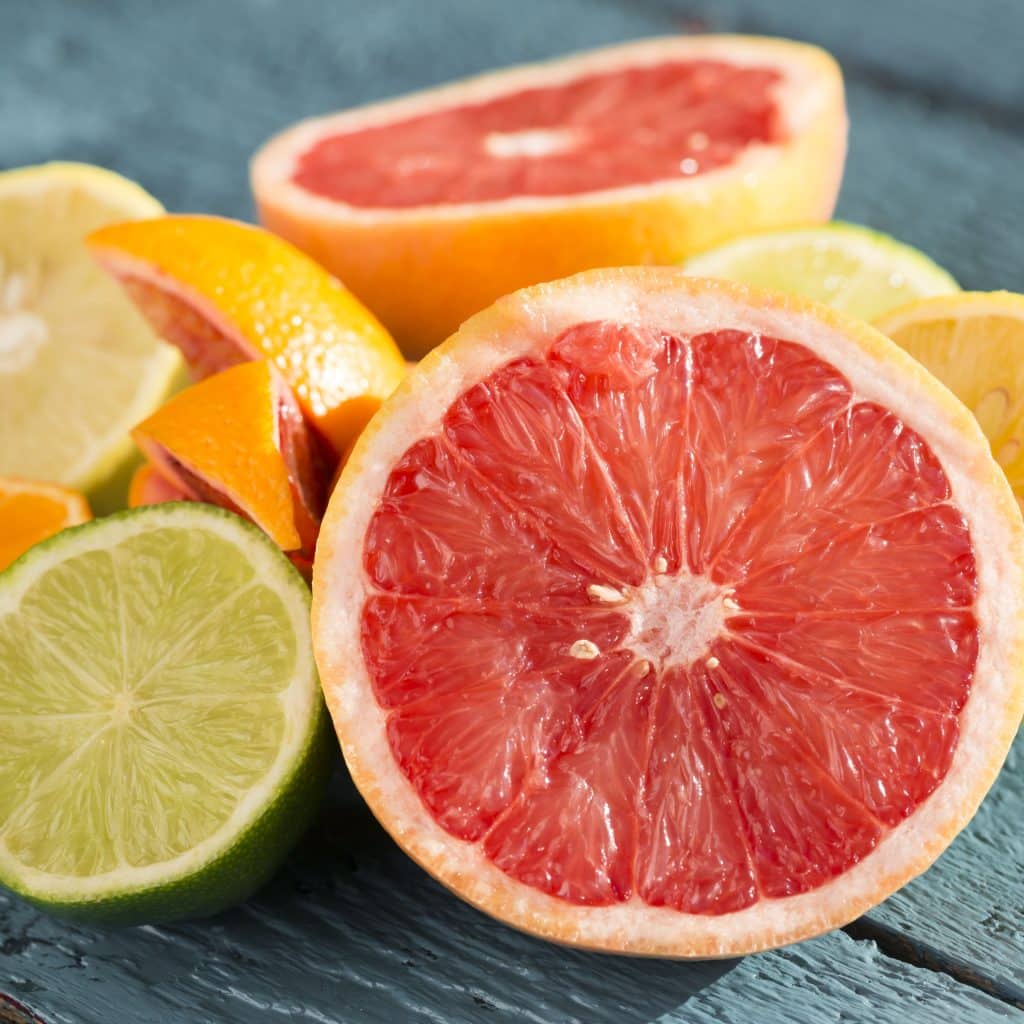
There is a wide range of foods to choose from. You can eat grapefruit, oranges, and lemons because they are high in vitamins, antioxidants, minerals, and plant compounds, as well as having a blood pressure-lowering effect. They are also low in calories and salt.
- Chia, flax, and pumpkin seeds
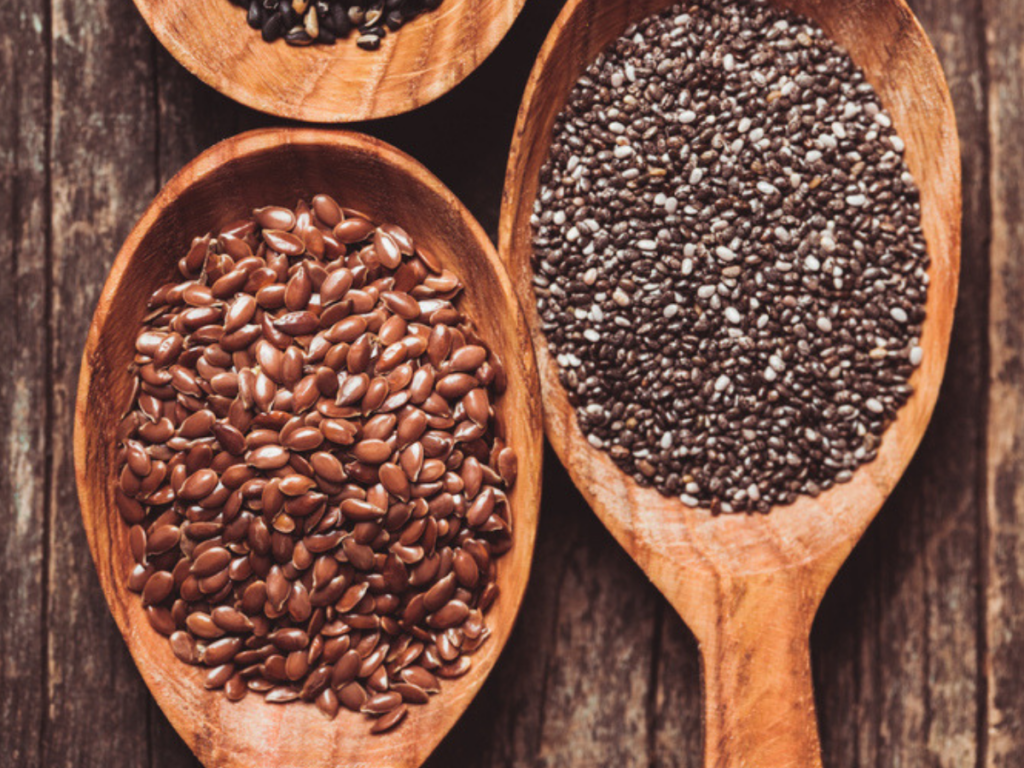
Magnesium, potassium, and arginine, as well as amino acids necessary for blood vessel relaxation and blood pressure control, are abundant in these wonder seeds.
- Lentils and beans
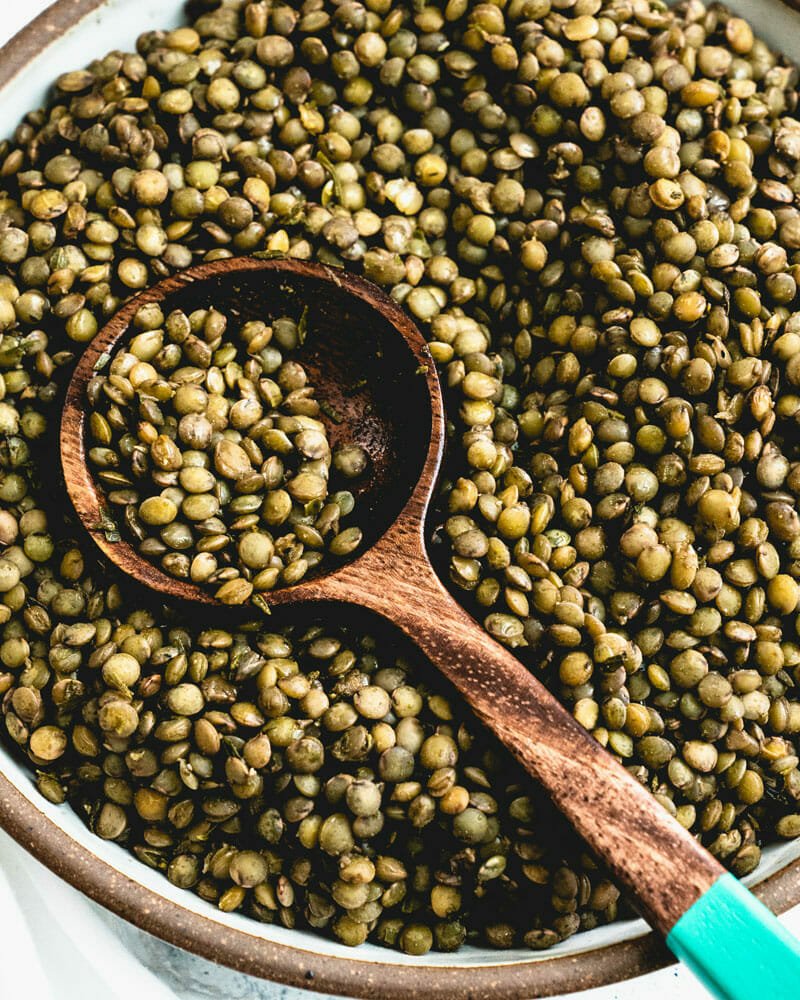
They’re high in fibre, magnesium, and potassium. Consumption of beans and lentils has been demonstrated to lower blood pressure levels in research trials. They are, in fact, beneficial in preventing all lifestyle disorders.
- Berries
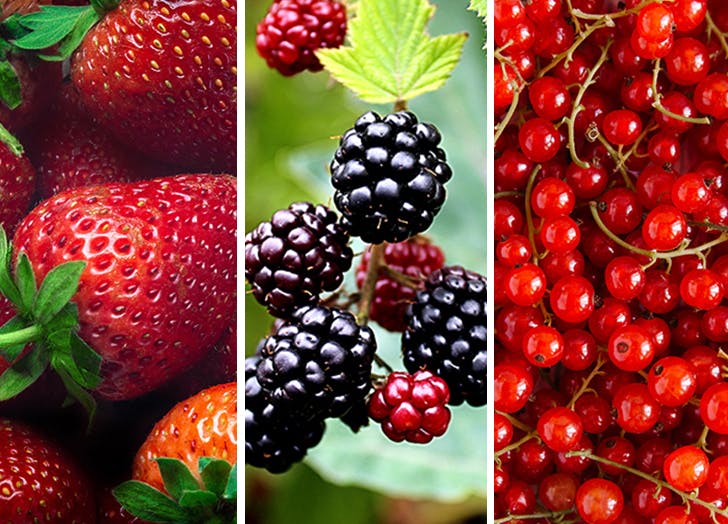
They are an all-in-one pack. From their ability to lower heart disease risk factors to be a source of antioxidants, they have a lot to offer. Blueberries, raspberries, and strawberries, for example, are high in flavonoids and must-eat fruits.
- Broccoli with spinach

Green vegetables, which are strong in antioxidants, potassium, calcium, and magnesium, play an important role in preventing many metabolic illnesses, making them a good choice for persons with high blood pressure.
To stay healthy and fit, in addition to dietary changes, physical activities such as walking and yoga should be included.
Follow Crispbot on Facebook and Twitter. For the latest news, tech news, breaking news headlines, and live updates checkout crispbot.com













